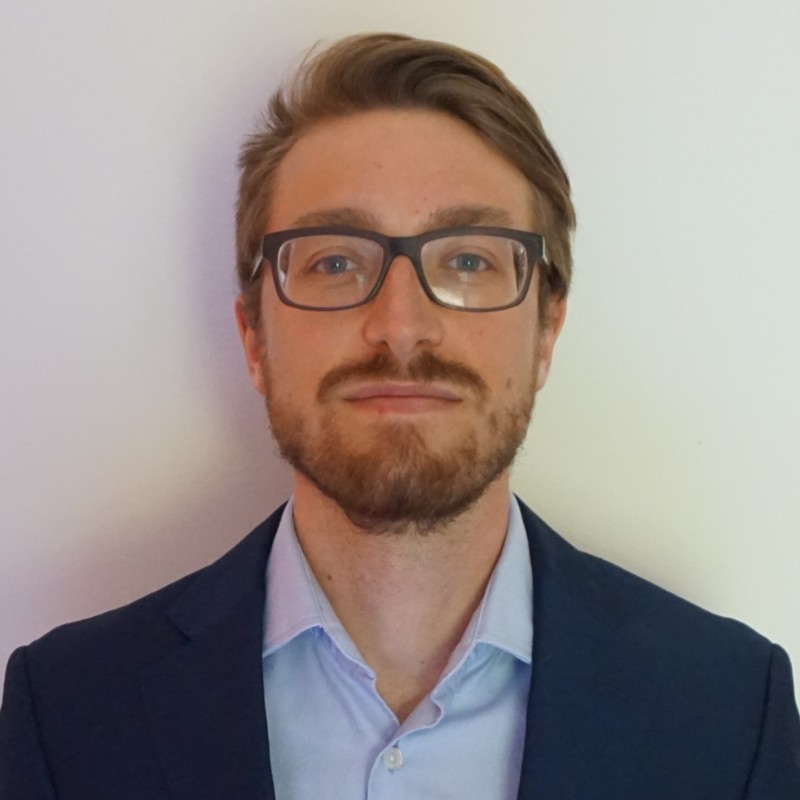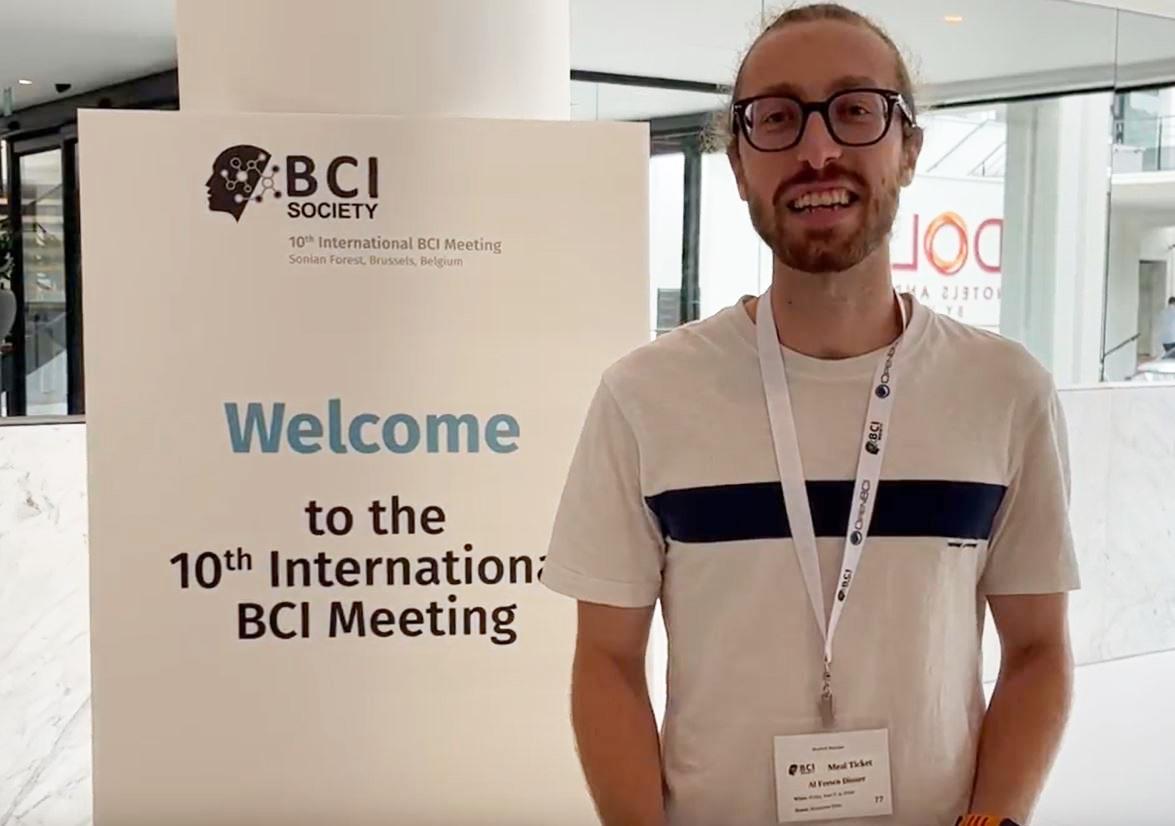Interview
In 2021, Igor Carrara was one of the 7 doctoral students to win a DS4H PhD funding in partnership with Neuromod Institute. He tells about his experience as a PhD student within Inria Research Center at Université Côte d'Azur.
2023, June 26

Who are you and what is your background before embarking on a PhD at Université Côte d'Azur ?
I am a Theoretical and Computational Physicist graduated from the University of Milan Bicocca. My academic background is rooted in mathematics and statistics, with a keen focus on numerical simulations. Additionally, I have specialized in Machine Learning algorithms and Neural Networks, applying them to the analysis of Big Data. Since the choice of my Master thesis I have always been interested in understanding how the human brain works so I decided to pursue a PhD in the field of Brain Computer Interface.
What is your thesis subject?
I am currently pursuing my PhD as a member of the Cronos Team at Inria Research Center at Université Côte d'Azur. My thesis focuses on developing new classification algorithm, both in Machine Learning and Artificial Intelligence, to decode the Brain Computer Interfaces (BCI) based on Electroencephalography (EEG) signal. BCIs have the potential to significantly improve the lives of people with disabilities by establishing a direct communication pathway between the brain and external devices. In particular I'm working with Motor Imagery paradigm, in essence my work involves extracting information from brain signals to determine whether a subject is thinking to perform a right hand or a left hand movement.
Why is it important as a PhD candidate to attend conferences and to travel?
Attending international conferences like the BCI Society meeting is crucial for PhD candidates for several reasons. It enables knowledge exchange, networking, and receiving valuable feedback on their research. Traveling to conferences offers exposure to diverse perspectives, creates new collaboration and inspiration from the scientific community. Such conferences provide a platform to stay updated with the latest advancements and establish connections with experts in the field of BCIs. For example, thanks to the networking developed during the Corticodays conference, I began a collaboration as a maintainer of the MOABB (Mother of all BCI Benchmarks) package. That project is an open source package that allows to compare the performance, through deep and consolidated statistical analysis of different Machine Learning and AI algorithms on different datasets of EEG. Igor Carrara attended BCI 10th meeting in Brussels (Belgium) thanks to DS4H funding.
Igor Carrara attended BCI 10th meeting in Brussels (Belgium) thanks to DS4H funding.Find out more
- Thesis in progress (2021-2024): Advanced auto-regressive models for processing EEG/MEG data supervised by Théodore Papadopoulo.
- BCI Meeting · Balancing Innovation and Translation: https://bcisociety.org/bci-meeting/
- Inria CRONOS team: https://www.inria.fr/en/cronos
- DS4H PhD funding annual campaign
